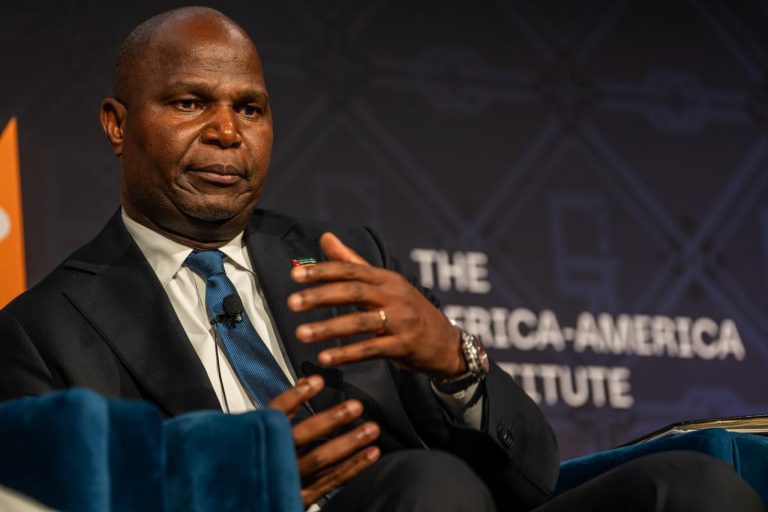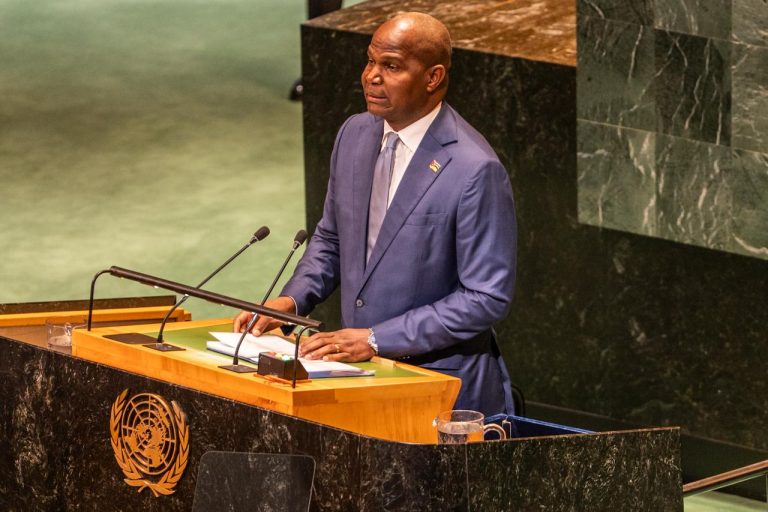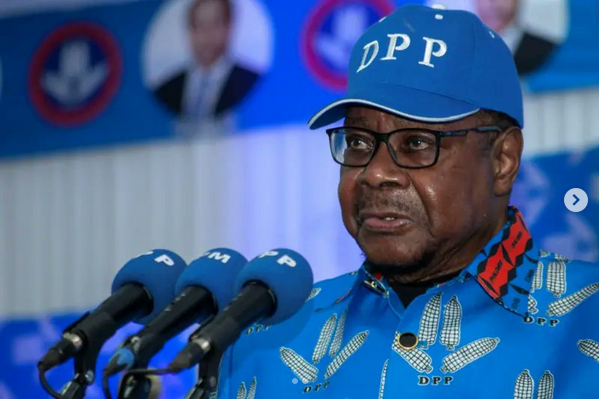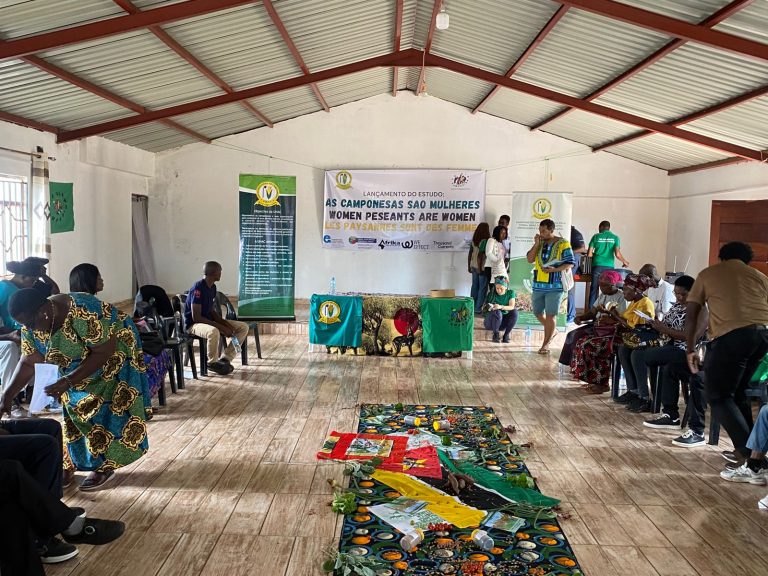
Maputo, 24 Sep (AIM) – The US oil and gas company ExxonMobil has pledged to fund the second phase of the electrification project of the Quionga administrative post, Palma district, in the northern Mozambican province of Cabo Delgado.
ExxonMobil is leading the construction and operation of future natural gas liquefaction and related facilities for the Area 4 deep water block off the Cabo Delgado coast.
The project is operated by Mozambique Rovuma Venture (MRV), a joint venture owned by ExxonMobil, the Italian energy company ENI, and CNPC of China.
For the Quionga financing project, ExxonMobil and the publicly-owned electricity company, EDM, on Tuesday signed a Memorandum of Understanding. According to a joint statement, the first phase of the project, budgeted at 500,000 US dollars, enabled the connection of 500 households to the national electricity grid, benefiting the communities of the Palma localities of Quilani, Incularino and Mwa.
“The work carried out in this phase included the construction of eight km of 33 kV network; the installation of three 160 kVA transformers and one 100 kVA (33/0.4 kV) transformer; the construction of 12 km of low-voltage network; and the installation of 96 lamposts for public lighting”, reads the document.
In this second phase, the document says, the project will include “the construction of a 25 km 33 kV medium-voltage line, the installation of four 100 kVA transformers, the construction of six km of low-voltage network, the installation of 60 streetlights, and the connection of 600 families to the national grid.”
“The total investment planned for the electrification of Quionga is 1.17 million US dollars, of which 876,000 will be financed by ExxonMobil and 292,000 by EDM”, reads the statement.
Speaking minutes after the memorandum was signed, Arne Gibbs, the General Manager of ExxonMobil Mozambique, said that the project “will help to catalyze the recovery of the Palma District and, once again, strengthen the resilience of these communities.”
For his part, the CEO of EDM, António Munguambe, highlighted the initiative’s relevance to achieving the national goal of Universal Access to Electricity by 2030.
“We are convinced that this investment will have a direct impact on improving the quality of life of the people of Quionga, enabling improvements in basic social services, such as drinking water, sanitation, health, education, communications, security, and the stimulation of local economic activity”, Munguambe said.
The country’s electricity access rate grew from 32.7 per cent in 2020 to the current 63.7%.
(AIM)
Ad/pf (412)








